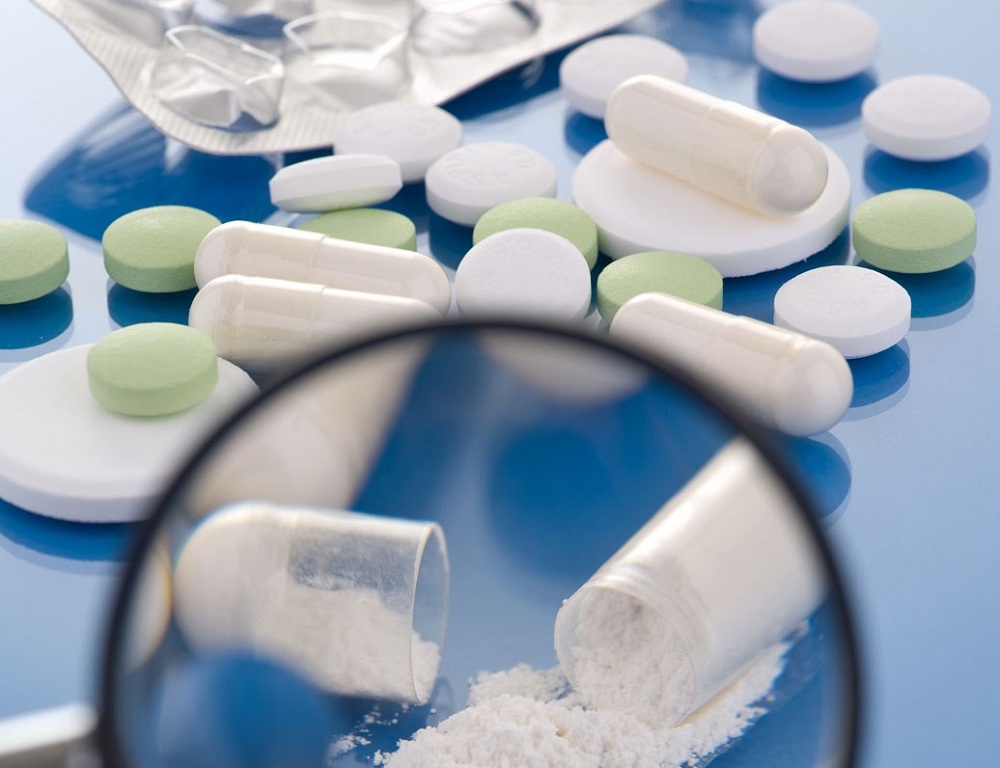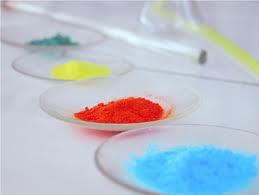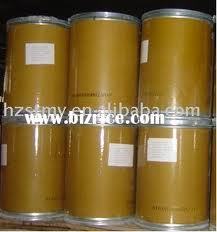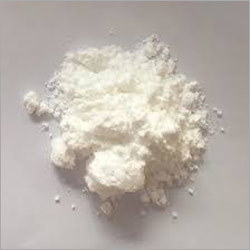Polyethylene Glycol PEG
165.0 INR/Kilograms
Product Details:
- Smell No Smell
- EINECS No 500-038-2
- Storage Dry Place
- Structural Formula HO CH CH O (CH CH O)_n H
- Molecular Formula H(OCH CH )_nOH
- HS Code 29094900
- Shelf Life 3 Years
- Click to View more
X
Polyethylene Glycol PEG Price And Quantity
- 165.0 INR/Kilograms
- 25 Kilograms
Polyethylene Glycol PEG Product Specifications
- Polyethylene Glycol (commonly referred to as PEG; PEG 3350 is a popular form in medicine)
- Typically < 200 mesh (for PEG 6000 etc.)
- Freely soluble in water - Soluble in ethanol, acetone - Insoluble in hydrocarbons
- 0.001% (10 ppm or lower per pharmacopeial limits like USP/BP/EP)
- 25322-68-3
- Pharmaceutical Intermediates
- Typically 98% (Pharma or Industrial Grade)
- Polyethylene glycol (also called polyethylene oxide or polyoxyethylene depending on MW)
- Odorless
- ~250 C
- ~60 63 C
- ~4.5 to 7.5 (5% aqueous solution depending on grade)
- 6000 Kilograms (kg)
- 500-038-2
- No Smell
- HO CH CH O (CH CH O)_n H
- H(OCH CH )_nOH
- Solid
- Dry Place
- Medicine Grade
- 29094900
- - Osmotic laxative (PEG 3350) - Drug delivery vehicle - Moisturizer in cosmetics - Solvent and stabilizer
- White powder, waxy solid, or clear viscous liquid (depends on MW)
- Typically <1.0% (as per pharmacopeial specs)
- 3 Years
Polyethylene Glycol PEG Trade Information
- Mumbai Port
- Cash Against Delivery (CAD), Cash on Delivery (COD), Cash Advance (CA), Cash in Advance (CID), Letter of Credit at Sight (Sight L/C), Letter of Credit (L/C)
- 100 Kilograms Per Day
- 7 Days
- No
- Free samples are available
- Drum Packing
- Asia, Australia, Central America, North America, South America, Eastern Europe, Western Europe, Middle East, Africa
- All India
- WE PROVIDES ALL KIND OF CERTIFICATIONS AS YOU REQUIRED
Product Description
Polyethylene glycol is a polyether compound with many applications, from industrial manufacturing to medicine. PEG is also known as polyethylene oxide or polyoxyethylene, depending on its molecular weight. It is a laxative solution that increases the amount of water in the intestinal tract to stimulate bowel movements. It is used as a laxative to treat occasional constipation or irregular bowel movements. It may also be used for purposes not listed in this medication guide.
Polyethylene Glycol Properties:
- Formula: C2nH4n+2On+1
- Density: 1.12 g/cm
- Soluble in: Water
- Molar mass: 44.05n + 18.02 g/mol
- IUPAC ID: poly(ethylene oxide), poly(oxyethylene)
How does it work
Constipation may be treated with polyethylene glycol 3350. This medication belongs to a group called osmotic laxatives. It works by retaining water in the stool. By increasing bowel movements and softening stool, it makes passing them much easier.
Applications Or where it is used
This polyether compound is polyethylene glycol (PEG) or macrogol. Pharmacies, cosmetics, and foods widely use it as an additive.
How to use
Add the powder to 4 to 8 ounces of water, juice, soda, coffee, or tea. Drink this mixture right away after stirring it. You should not save it for later. In 1 to 3 days after using the medication, polyethylene glycol 3350 is supposed to induce bowel movement.
Side effects
Possible side effects:
- Nausea, vomiting, or severe stomach pain
- Ulcerative colitis
- Irritable bowel syndrome (IBS)
- Kidney disease
Warnings and precautions while using this product
Pregnant women should not use it unless prescribed by a physician. Polyethylene Glycol 3350, NF may occasionally cause nausea, stomach fullness, cramps, diarrhea, and/or gas. Avoid taking if you are experiencing nausea, vomiting, abdominal pain, or distention, which may be caused by bowel obstructions.
ChatGPT said:
Tell us about your requirement

Price:
Quantity
Select Unit
- 50
- 100
- 200
- 250
- 500
- 1000+
Additional detail
Mobile number
Email

















 : nilesh.sheth70
: nilesh.sheth70
